That’s Not New
Isn’t it funny how we return to things that entertain universally?
I worked at Peaches Records & Tapes in the late 70’s, it was a sweet gig.
In my garage I still have a Peach crate filled with vinyl LPs. Some are autographed. Some are colored vinyl. A few are probably worth some money to a collector.
I had a conversation with my Millennial son a while back where he told me I should watch Westworld and sent me a link to the “new” series streaming on HBO.
I told him that Westworld was a movie from the 1970’s. He didn’t believe me and I told him to search using “Yul Brynner” in the search string.
He couldn’t believe it.
“OK Boomer” is a derogatory retort used by members of the Millennial generation and Generation Z to dismiss or mock attitudes of older people, particularly Baby Boomers.
For a group that despises us, they sure like a lot of our “stuff”.
In fact, in some instances, they truly believe they invented whatever is the subject, as in the example above, Westworld.
If you’re over 50 you might realize the entertainment industry is desperately competing with social media and failing spectacularly.
They are dragging out the stuff that “worked” for my generation instead of dreaming up new stuff.
You’ll see where vinyl albums are treated as a new “it” thing. I get “bringing back” vinyl record albums. For some of us, they never went away.
I get remaking old movies and especially comic books into a streaming series or movies. The idea takes you back to a simpler time.
I have to say, I watched (streamed) the “modern” Westworld and for the life of me could not understand the ending of that series and I watched it twice, hating that I wasted that much time.
What I don’t get are podcasts.
Oh, I get where the name came from and the concept, both again from our generation (Boomers).
But why this now?
Podcasts are everywhere and everyone thinks they’re a podcaster.
My husband always jokes “where do we get our podcasts from?” or “how do they make money?” and “why does everyone have a podcast now?.
Podcasts are like the return to the Golden Age of Radio.
Sort of.
My dad lived through the Great Depression which spanned the years 1929-1933. One of the in-home venues of entertainment this generation had was the radio. One of his favorite shows was The Shadow which began airing in 1930.
Now this radio I am talking about couldn’t fit into your pocket nor did it have headphones - that came with our generation (Boomers) and it was called a transistor radio.
The radio I am talking about, that my dad listened to, was more like a pretty piece of furniture. It was generally a beautiful box that housed tubes that glowed. I actually have one of the beautiful boxes in which I put one of the original iPods that plays my iTunes list for parties, people think my radio setup is a hoot; I like to think of it as reminiscing.
But getting back to the radio of the Great Depression Dear Millennials, our parents, your grandparents, listened to radio programs.
They were live, where the actors were present and there were printed schedules in the newspaper (the paper one delivered to your home) so you could be available when the show aired.
Nothing was pre-recorded. Mistakes were made, sound effects were pretty cheesy, but effective. There often was a sponsor and the actors in the radio show would promote the product or service.
Everyone would gather around the radio in the living room and listen to a wide variety of broadcasts: The Shadow, The Great Gildersleeve, Fibber McGee and Molly, CBS Radio Mystery Theater, Abbott and Costello. These shows covered a variety of topics and were as popular as podcasts are today.
Isn’t it funny how we return to things that entertain universally?
Did you know podcasts, previously known as "audioblogs", date back to the 1980s?



I was just beginning my career in software in the mid 80’s and we were experimenting with audioblogs to sell our software. These were recorded to 4mm tape and sent to customers along with very nice brochures and sample output from the software.
The tape had a voice recording explaining how the software was used and perhaps endorsements from other customers.
No images, only sound.
Definitely corny, but so was the big hair at the time.
Digital Linear Tape (DLT) (4mm tape) was initially introduced by Digital Equipment Corp. (DEC) in 1985 to meet the backup needs of its proprietary mid-range systems.
Many big companies sold and used Digital Linear Tape for what we were doing but also for music recording.
It helped the floppy disk to go away from computing, which in my opinion was a good thing and I believe it contributed to the overall demise of the vinyl album (CD’s were the final nail).
Eventually tape (Digital Linear Tape) was no longer needed.
Fast forward.
With broadband Internet access and portable playback devices like the iPod, podcasting began to catch on in late 2004.
Some of the original podcasts were uploads of talk shows, the original (unwoke) TED talks and comedians.
TED talks came from a series of recorded public-speaking presentations, originated from the Technology, Entertainment, Design (TED) conference, which was founded in 1984 by Richard Saul Wurman and Harry Marks. The first TED conference was held in 1984 and was focused on the convergence of technology, entertainment, and design. It was by invitation only.
The first TED, presented by the cofounders included a demo of the compact disc, the e-book and cutting-edge 3D graphics from Lucasfilm, while mathematician Benoit Mandelbrot demonstrated how to map coastlines using his developing theory of fractal geometry.
So TED talks and podcasts are intertwined, but not new.
I’ve tried to listen to modern podcasts, they’re not so good.
Why aren’t they good?
Because a podcaster wants you to “consume” their “content”, old time radio actors genuinely wanted to entertain.
Big difference in my book.
I always return to the older stuff streamed on my iPad.
I remember many years ago listening to NPR “Old Time Radio” where you could listen to the Great Depression radio shows and big band music before dropping off to sleep on summer nights.
So I’m not so sold on modern podcasts. A lot of effort put into something that has already been done better. (Sorry if you’re a modern day podcaster, drop me a note and I’ll give you a try.)
“Stories in our ears, where you get to play whatever visual you want in your head, to illustrate the story you just heard.” Is what I used to tell my Millennial.
He enjoyed the old radio shows as well and has yet to send me a podcast I like.
It’s an ongoing challenge.
Just think, Dear Millennials, you are listening to radio just like your grandparents did.
Curious about the Golden Age of Radio?
There’s a great website where you can download many of the shows your grandparents enjoyed: www.oldradioworld.com,
You’ll find The Shadow there as well.
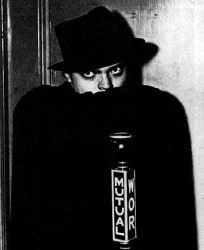





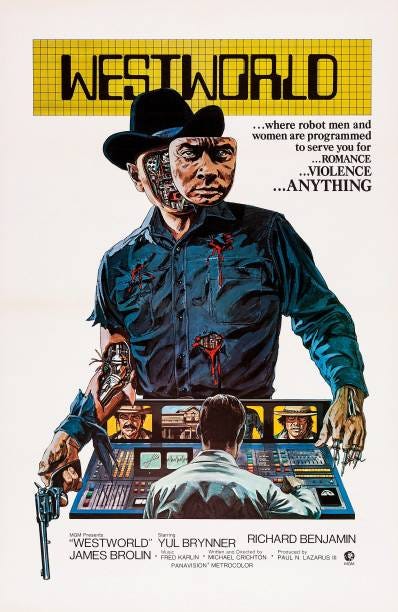
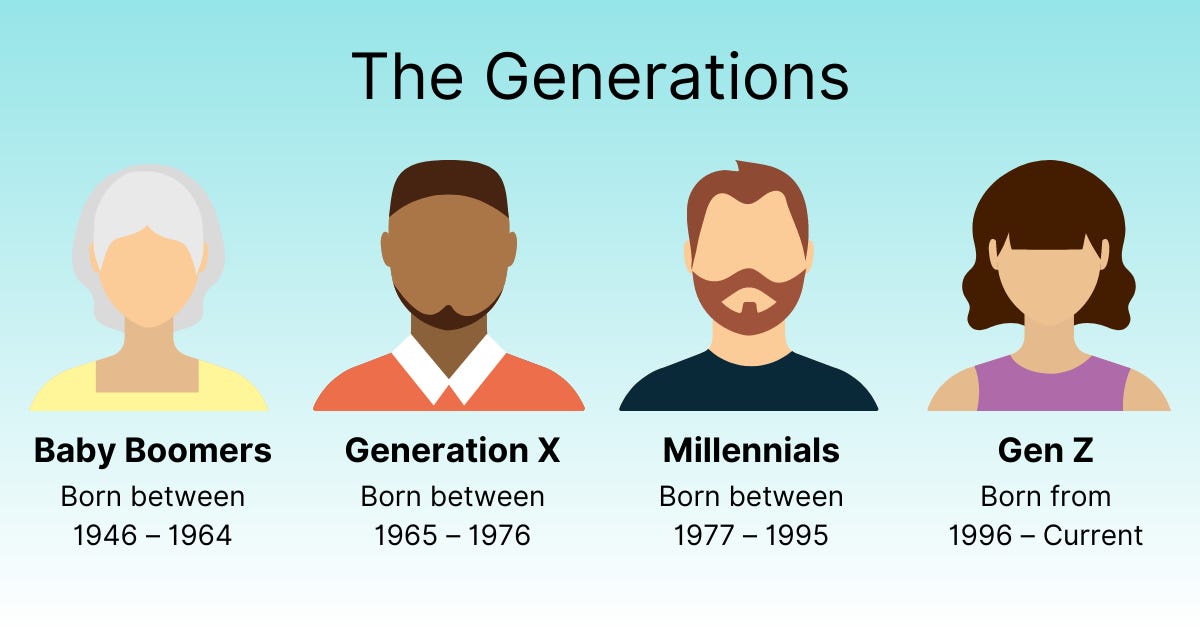
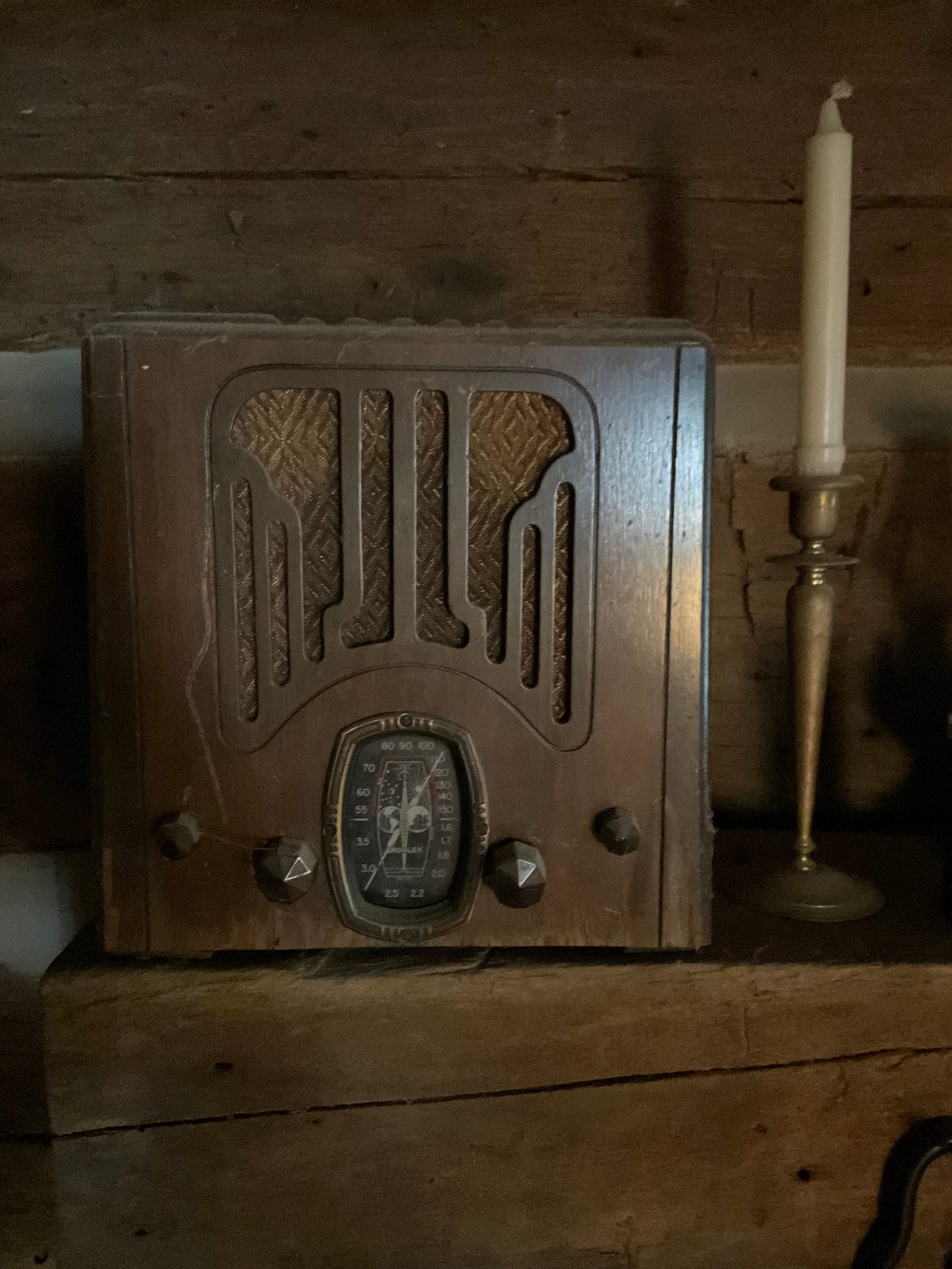

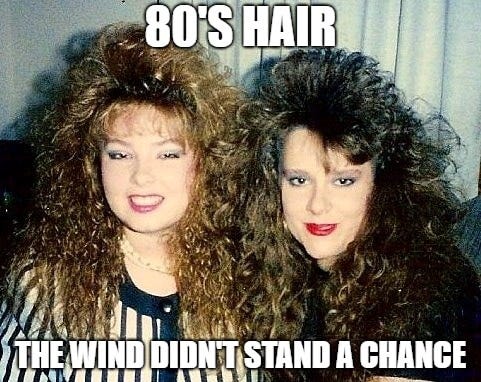
I loved reading this Collette. I am a boomer too.
It is kind of like the whole recycling thing.
I guess recycling is really what life is. Soon it will be a cool thing to live in a shack with out electricity and running water so they can save the planet. haha
I have not listened to too many podcasts.
I have xm radio (it is just okay, I always try to cancel it and they give me some crazy cheap price and so I take another year) I mainly listen to classical music and a bit of megyn kelly when I have the chance,. Over the years I used to spend a lot of time in my car.
That saying still rings, the more things change, the more they stay the same" haha well sort of
Love that old peach crate. My dad would talk about listening to The Shadow. Thanks for the link, now I can check it out. I know what you mean about everyone being a podcaster. Sometimes we will listen to one on long car rides.